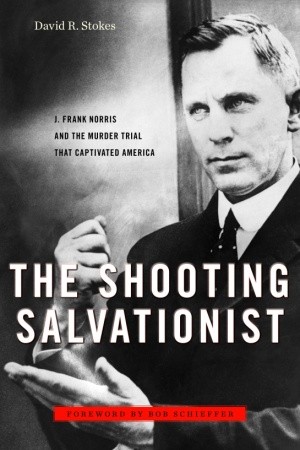In the interest of full disclosure let me say that Matthew is good enough friend that he once lent me a pair of pants. Just so you know.
What is God like? The answer depends very much on whom you ask.
In the book Our Great Big American God (A Short History of Our Ever-Growing Deity), Matthew Paul Turner asks a slightly different question: “What is God like in America?” It’s a question that has much less to do with God as a theological construct and a lot more to do with what our culture, politics, and various agendas have claimed that God is.
In his typical humorous and snarky style that was so much on display in his previous books, Matthew takes us on a light-hearted romp through America’s religious past in quest of finding out who our God has been. It’s a wild ride through a serious of names both familiar and obscure as we trace the ancestry of the current American Evangelical God from his Puritan, Revivalist, and Fundamentalist iterations.
I will warn those of my friends on the right that Matthew’s perspective is decidedly towards the liberal. This left-leaning bent does rather leave me wondering whether Matthew also appreciates the irony in those who have re-written Abraham’s God as a supporter of their own pet causes and agendas on the blue side of the aisle. If he does, those sentiments don’t quite make it into the book. That notwithstanding, there’s still plenty for people from both sides of the theological and political aisle to enjoy here.
The book does well inspiring readers more pursue more serious works in American religious history while retaining a whimsical perspective and acknowledging that the history of God in America is often funnier than a lot of dusty footnotes would lead you to believe. Newcomers to the story will be entertained while they learn about America’s Christian past, while those well-familiar with the tale will find a bit of the hilarity they’ve missed in drier tomes.
If you’ve ever wanted an easily read and funny guide to “how we got this way” in our marriage of evangelical politics and religion you may want to check this one out.
A free copy of the book was provided to me by the publisher for the purposes of this review. Although that was really nice of them, my opinions about the book as written here remain my own.

